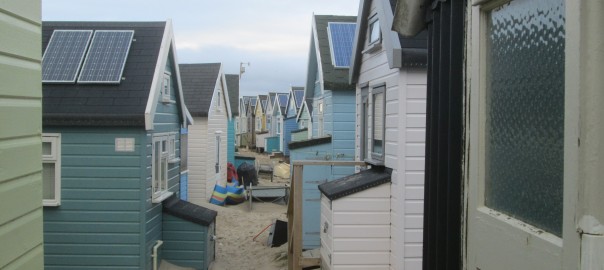H
Hiring or buying a beach hut is extremely popular with pensioners and provides them, their family and friends with a distinctive venue for wedding anniversaries, grandchildren’s birthdays, sunset barbecues and ganja parties.
In some parts of the country, beach huts can be very expensive, so it is prudent to undertake a little research into desirability of location, nearby amenities and covenants that may affect your activities.
The best beach huts are located close to the sea, preferably with a clear view of a perching cormorant, and should be within walking distance of public toilets, lifeguard lookout station and whelk stall. Those overlooked by power stations, close to Radio 1 roadshow venues or buried under cliff falls will not command such high prices.
Most local authorities impose conditions on the use of beach huts and these may prevent you staying overnight during specified months, mooring ocean-going tugs to the nearest groyne and carrying out exploratory drilling for shale gas extraction.
A few authorities make it mandatory for an aging hippie playing Labi Siffre songs on an acoustic guitar to be in residence whenever the beach hut is in use, and these can usually be hired from the local aging hippie shack, along with dried seaweed necklaces, lentil soup and Che Guevara posters.
The beach hut itself should have a source of power (other than hamster, exercise wheel and dynamo), facilities for preparing hot drinks (other than an open driftwood fire) and sufficient room for a hammock, futon or inflatable jellyfish.
Keeping your beach hut weatherproof is obviously important and yearly maintenance should include painting inside and out, ejecting stranded dolphins and removing intruding dunes wherever they occur.
Beach huts may or may not be the same as beech huts, which are usually huts made of beech.

